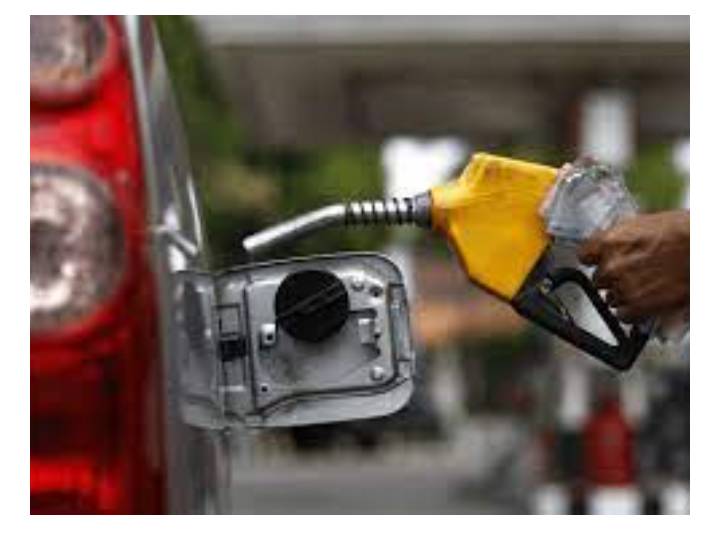Starting November 16, 2024, fuel prices in Ghana are expected to decrease, according to projections by the Chamber of Petroleum Consumers (COPEC). This anticipated drop follows a slight decline in global crude oil prices and could bring relief to consumers burdened by rising costs.
COPEC forecasts a reduction of approximately 5.06% for petrol, which would lower the price to GH¢13.582 per liter. Diesel is also expected to decrease by 3.88%, selling at GH¢14.578 per liter. Liquefied Petroleum Gas (LPG) will see a modest drop of about 1.14%, pricing a 14.5-kilogram cylinder at GH¢263.35.
This adjustment comes despite the persistent depreciation of the Ghanaian cedi against the US dollar, which often offsets the benefits of declining global crude prices. During the review period, crude oil prices fell slightly by 0.72%, from $74.63 per barrel to $74.09 per barrel, influencing the anticipated reductions.
Advocacy for Tax Cuts and Subsidies
COPEC has reiterated its call for the government to lower taxes on LPG or provide subsidies to encourage widespread usage. Currently, taxes and levies account for approximately 22.12% of the retail price of petrol and diesel, a significant burden on consumers. COPEC believes that promoting LPG as an affordable alternative would not only alleviate financial strain but also reduce environmental degradation caused by reliance on firewood.
To further ease consumer hardships, COPEC has proposed a dynamic formula that adjusts levies in response to fluctuations in the cedi-dollar exchange rate. This, the organization argues, would provide greater pricing stability and predictability in the petroleum sector.
Broader Economic Implications
The reduction in fuel prices is expected to have ripple effects across the economy, potentially lowering transportation costs and alleviating inflationary pressures. However, sustained benefits will depend on the stability of the cedi and the global oil market.
Despite the positive outlook, COPEC emphasizes the importance of structural reforms in Ghana’s energy pricing. It calls for a strategic review of tax policies and improved management of foreign exchange pressures to foster long-term affordability and economic stability.
Moving Forward
The government is urged to prioritize measures that cushion consumers while ensuring sustainable energy pricing. As fuel prices decrease, stakeholders hope for complementary policies that enhance affordability and accessibility, particularly for LPG.
The current reductions, though modest, represent a step towards easing economic pressures on households and businesses. However, achieving lasting relief will require a holistic approach involving fiscal reforms and targeted subsidies.
Source: Joy Business



No comments yet
Be the first to share your thoughts!